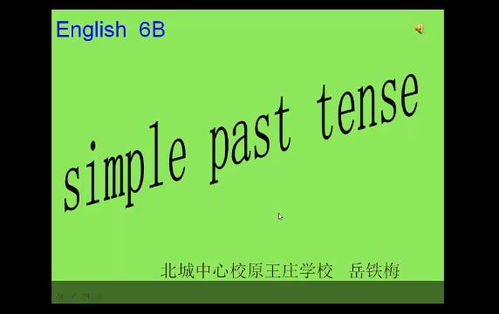
Understanding the Past Tense of “Bite”

Have you ever wondered about the past tense of the verb “bite”? If so, you’re not alone. The past tense of “bite” is “bit,” and it’s a word that has a rich history and various uses in the English language.
Etymology of “Bite”

The word “bite” has its roots in the Old English word “bitan,” which means “to bite.” Over time, the word has evolved and taken on different meanings and uses. The past tense “bit” has been in use since the 12th century.
Usage of “Bite” in Different Contexts

One of the most common uses of “bite” is in the context of animals or humans biting something. For example, “The dog bit the mailman” or “She bit into the apple.” In these cases, “bit” is used to describe the action of biting something.
Passive Voice with “Bite”
In the passive voice, “bite” becomes “was bitten” and “was bitten by.” For instance, “The mailman was bitten by the dog” or “The apple was bitten into.” The passive voice emphasizes the action rather than the doer.
Using “Bite” in Phrases and Idioms
“Bite” is also used in various phrases and idioms. One popular idiom is “bite the bullet,” which means to endure or face something painful or difficult. For example, “He had to bite the bullet and accept the job offer.” Another idiom is “bite off more than one can chew,” which means to take on more than one can handle. For instance, “She bit off more than she could chew when she agreed to take on too many projects at once.”
Comparative and Superlative Forms
The comparative form of “bite” is “biter,” and the superlative form is “bitest.” These forms are not commonly used in everyday language but can be found in some literary works. For example, “The tiger is the biterest of all the animals in the jungle.”
Verbal Nouns and Derivatives
“Bite” has several verbal nouns and derivatives. The verbal noun “biter” refers to a person or animal that bites. For example, “The biter was punished for attacking the mailman.” The derivative “biting” can be used as an adjective to describe something that is sharp or harmful. For instance, “The biting wind made it difficult to stay outside for long.”
Table: Different Tenses of “Bite”
| Form | Example |
|---|---|
| Present Simple | I bite apples. |
| Present Continuous | I am biting an apple. |
| Present Perfect | I have bitten an apple. |
| Past Simple | I bit an apple. |
| Past Continuous | I was biting an apple. |
| Past Perfect | I had bitten an apple. |
| Future Simple | I will bite an apple. |
| Future Continuous | I will be biting an apple. |
| Future Perfect | I will have bitten an apple. |
Common Mistakes and Confusions
One common mistake when using “bite” is confusing it with “bit.” While “bit” is the past tense of “bite,” “bit” can also be used as a noun to refer to a small piece of something. For example, “She took a bite of the pizza.” In this case, “bite” is a noun, not a verb





